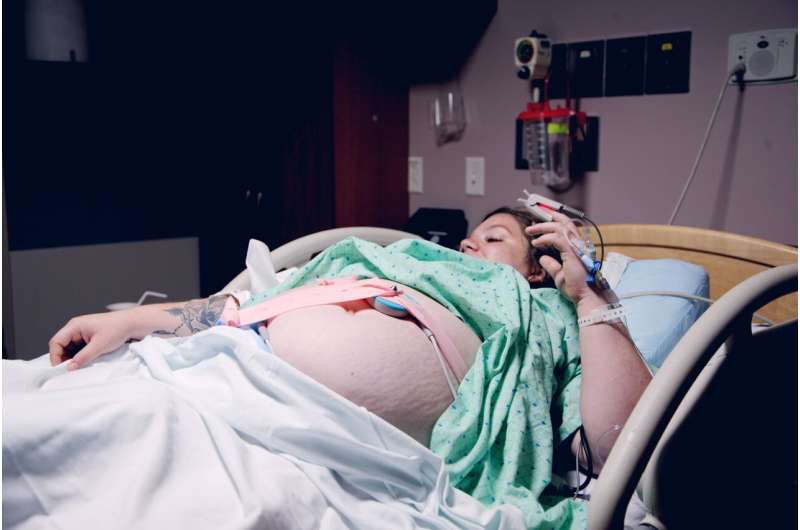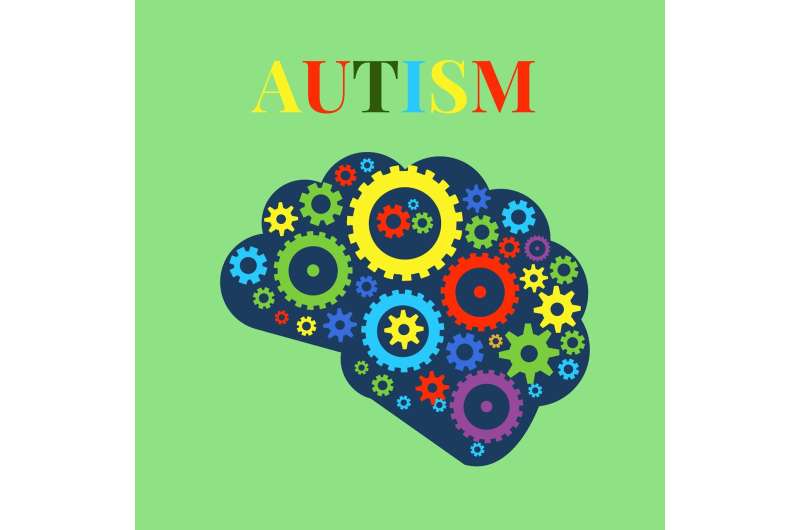Overcoming Fear of Childbirth: Strategies to Promote Confidence and Well-Being

Discover effective strategies to reduce fear of childbirth by enhancing confidence and mental well-being during pregnancy, leading to healthier and more positive birth experiences.
Many women experience anxiety or fear about childbirth, especially during their first pregnancy, with up to 60% reporting some level of apprehension. Recent research highlights the key factors that can help women stay calm, confident, and positively prepared for labor. A pioneering study conducted by researchers from Robert Gordon University and the University of South Australia surveyed 88 pregnant women in their third trimester attending antenatal classes in Scotland. They examined the relationship between mental well-being, belief in coping abilities, and fear of childbirth (FOC). The results showed that women with higher confidence, positive outlooks, and supportive relationships tended to have less fear, whereas 12% exhibited severe FOC. These findings, published in the Journal of Psychosomatic Obstetrics & Gynecology, emphasize the importance of empowering women through antenatal care designed to boost self-efficacy and positive emotions. Dr. Katrina Forbes-McKay, the lead author, asserts that antenatal programs should go beyond teaching labor techniques to fostering a woman's belief in her ability to manage labor. Factors such as mental well-being—encompassing purpose, emotional positivity, and social support—were identified as strong predictors of lower childbirth fear. The study advocates for a shift from solely medical models towards holistic approaches that enhance psychological resilience. Additionally, relaxation techniques incorporated during pregnancy have shown promising results, with women reporting increased confidence and mental well-being that persist post-birth. Overall, addressing fear through educational and psychological strategies can lead to more positive birth experiences, reduce unnecessary medical interventions, and improve outcomes for mothers and their babies. Future research aims to explore these interventions across diverse populations to strengthen understanding and application.
Stay Updated with Mia's Feed
Get the latest health & wellness insights delivered straight to your inbox.
Related Articles
Creating Neuro-Inclusive Universities to Support Autistic Student Success
Discover how universities can become more neuro-inclusive, supporting autistic students through tailored policies, supports, and inclusive practices that promote their success and well-being.
Understanding the Rise of Gambling Livestreams and Their Role in Addiction
Gambling livestreams are transforming online betting, blending entertainment with risk and fueling addictive behaviors among viewers, especially young adults. Learn how regulation and awareness are crucial to address this emerging concern.
Using Digital Games to Educate and Destigmatize Mental Illness
Exploring how digital games can be effective tools for mental health education and destigmatization, this study highlights their potential to foster empathy and understanding of depression.
Indra's Internet: Integrating Buddhist Philosophy to Navigate Digital Anxiety
Exploring how Buddhist philosophies of interconnectedness and mindfulness can help address modern digital anxieties and foster healthier online interactions.



